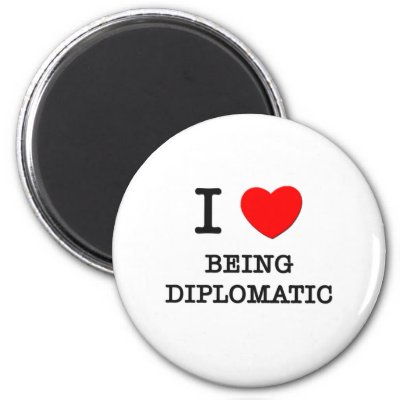al-Jazeera image of a protest at Tahrir Square
This
post is long overdue. Though a lot has
happened in two months, nothing has stood out as particularly worthwhile to
discuss. Until now. Events during the final days of the Egyptian
elections between felool, or regime remnant, candidate Ahmed
Shafiq and Mohamed Morsi, of the Muslim Brotherood-backed Freedom and Justice
Party, have caused me to contemplate my feelings during these past months, and
whether it is right for a diplomat to have them.
I
found a place to work in Cairo until after the proposed transfer of power in
Egypt from the military government to the civilian administration. I arrived in Cairo at the very end of 2011
after applying to the American University amidst the media coverage of
crackdowns by Central Security Forces on protestors in Tahrir and long bouts of
street fighting on Mohamed Mahmoud Street.
My parents and friends were worried, but I was hopeful. SCAF and the Muslim Brotherhood, the largest
opposition organization, were in agreement and wanted to go ahead with
parliamentary elections. I came to Cairo
amidst those elections, and unrest settled down like I predicted. Though many people were alarmed by the strong
showing of Islamist candidates, this past semester has been fairly peaceful
when compared to the turbulent year prior.
As
the semester progressed, I lost focus. I
forgot my political science training that said that incumbent authoritarian powers
do everything they can to retain power.
I forgot my history background that said that men like the consuls
before Caesar and statesman like George Washington, who would readily give up
enormous personal power for the greater benefit of humanity, are few and far between. I took comfort when my government said SCAF
wanted nothing more than to go back to their barracks. I dared to hope that genuine change was
occurring while I was here. Official
election results have not been announced yet, but I am already beginning to doubt
that dream.
I
do not think of myself as an idealist, and gladly leave that moniker to
others. I believe there are times when
actions of ill repute are the best recourse, though others may hate it. Pleasing everyone at the expense of your own
success and security is a losing battle.
I also believe, however, that no one should make a show of their
disregard for others or revel in self-righteousness. We are all joined in common humanity, if not
by national or ethnic ties.
My
personal conflict at the moment stems from my empathies for the Egyptian people
and my concerns over regional stability and national interest. Egyptians desire free and fair elections to
determine a government that will finally work for them. The Failed State Index recently ranked Egypt 31st out of more than 150 countries listed. Egypt has infrastructure and the government
effectively maintains a monopoly on force, but it has utterly failed to provide
a system that protects the rights of its citizens. A democratic transition could change that by
making officials genuinely beholden to the selectorate. However, the Muslim Brotherhood is a group
that has previously espoused violence and desires to implement sharia law as
the basis for its legislation. It
remains unclear how that will impact minorities like women, Copts, Jews,
foreigners, and even Shi’a and Sufis. The
peace treaty with Israel, a substantial cause of the dramatic decline in
inter-state warfare in the region since the mid-1970’s, could come under
fire. The U.S. would also lose what was
previously a staunch ally against extremism in the region.
In
short, do I side with what is best for the people or best for the interests of
my country? As a diplomat, I should
always do the latter, but I feel that, as a human being, I should do the former
where I am able.
The
recent suspension of the democratically-elected Parliament, reports of voter fraud coming from election monitors, postponing the official announcing of results,
and statements and rallies by both sides insisting they are victorious have
brought things to a climax that could prove a powderkeg. If the Supreme Election Committee announces
an Ahmed Shafiq victory, whether genuinely earned or fixed, Mohamed Morsi and
his supporters may make good on their claim that there will be “blood in the
streets.” If Morsi is announced the
winner, it is unclear how the military deep-state will interact with an
administration filled with members they had spent the better part of three
decades repressing and imprisoning.
A
diplomat’s job is to work with whomever is in charge of the country they are
posted to. The beliefs I mentioned above
may not always lead to moral outcomes, but I believe that the U.S. often tries
for net positive outcomes. There is no telling how the new administration will turn out, but how do diplomats handle change? How can diplomats
swallow their beliefs when interacting with a government built on lies
or, even worse, murder? How do they go
on when a toppled government was a friend and the new one becomes a foe? How do they cope with wasted financial,
political, and emotional investment in a country when a regime may change but
the people living there have not?
Whatever
the outcome of this election, those questions remain unanswered for me.
